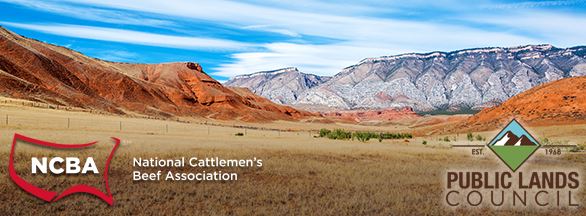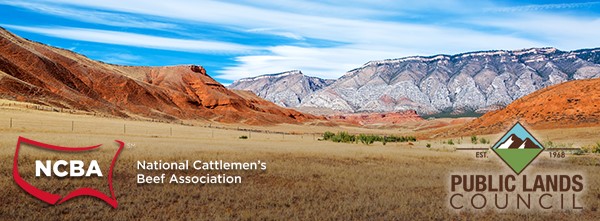WASHINGTON (Feb. 14, 2017) – The National Cattlemen’s Beef Association and the Public Lands Council applaud the House passage of H.R. 428 the Red River Gradient Boundary Survey Act. The bill, introduced by Congressman Mac Thornberry (R-Texas) would seek to settle all federal ownership claims by providing legal certainty to landowners along the Red River.
“Private landowners have owned and successfully managed lands along the Red River for quite some time, some for over 100 years,” said Joe Guild, NCBA policy division chairman. “These landowners hold deeds to the land and have regularly paid property taxes. We remain opposed to the taking of private property through federal usurpation and applaud the House for taking affirmative action to fix this problem.”
In 1923, the U.S. Supreme Court determined that the gradient line of the south bank of the Red River was the boundary between Texas and Oklahoma (Oklahoma v. Texas). Recognizing that the Red River is a unique situation, the State of Texas and the State of Oklahoma agreed to an interstate boundary compact known as the Red River Boundary Compact, essentially resolving the dispute over the definition of the border between the two states. The 106th Congress enacted legislation ratifying the compact, establishing the new Texas-Oklahoma boundary on August 31, 2000.
In 2013, the BLM stated that there is an estimated 90,000 acres of land along the 116 mile stretch of the Red River that may be considered public domain.
Congressman Thornberry’s bill, and the Senate companion S. 90 championed by Senator John Cornyn (R-Texas), would settle the dispute by requiring a survey of the majority of the 116 mile stretch of the contested area using the gradient boundary survey method developed and backed by the Supreme Court to find the proper ownership boundary between the public and private land. This survey is to be completed within two years and is to be performed by qualified surveyors chosen by the states of Texas and Oklahoma.
PLC and NCBA urge the Senate to take up the Senator Cornyn’s companion legislation without delay.



